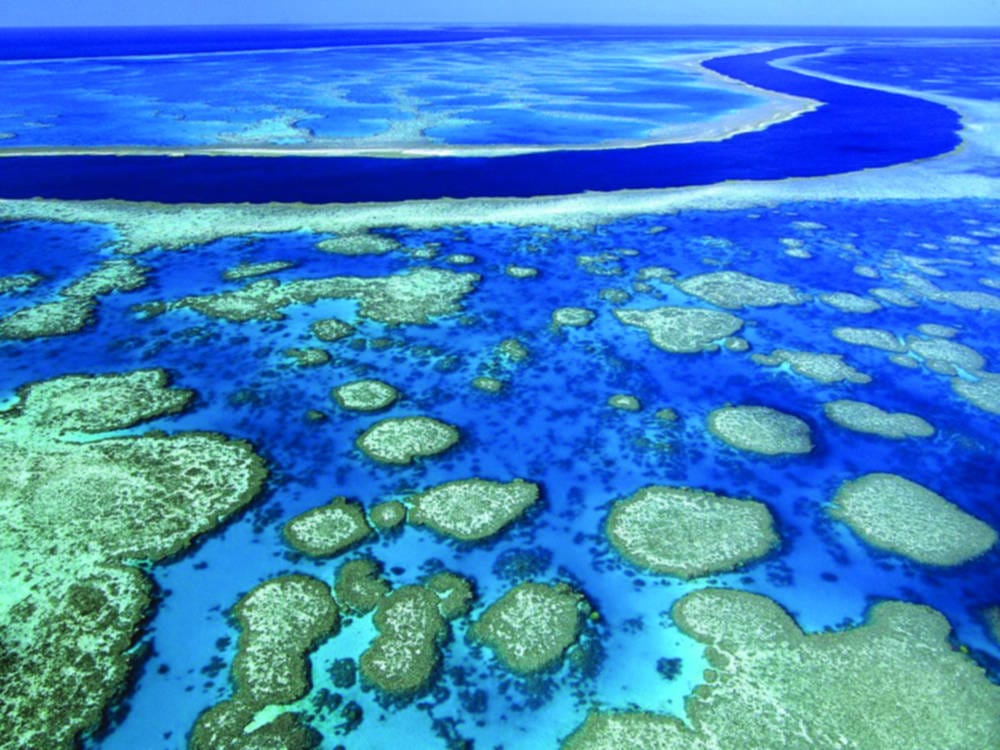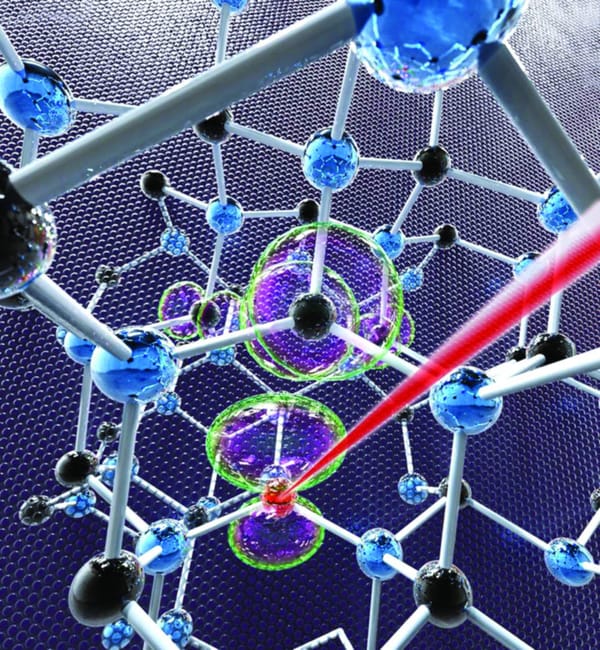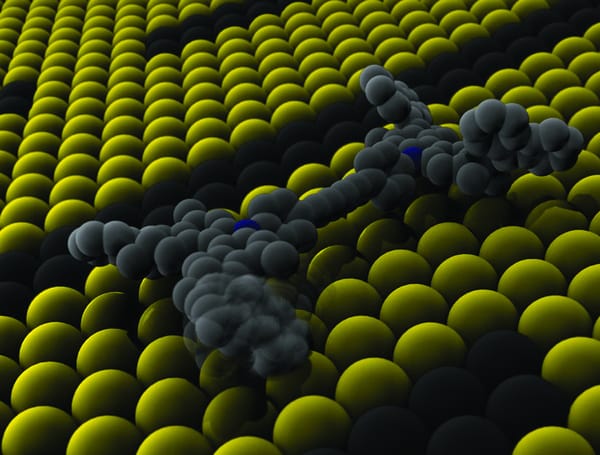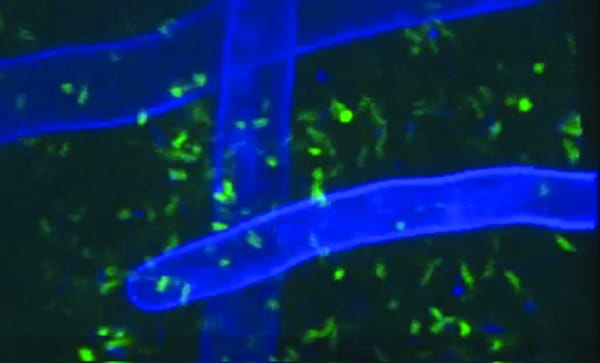Suicidal corals know what’s coming
Coral can kill its own cells when adverse conditions are coming

Scientists in Australia have conducted research showing that corals can detect when adverse conditions threaten their survival, and can activate a cell death mechanism to save the organism as a whole. This process leads to coral bleaching, where corals expel or digest the symbiotic algae which feed them.
The researchers identified a complex cascade of molecular signals which lead to the self inflicted death of cells, known as apoptosis, in corals and their associated algae. Apoptosis is a process that occurs in many organisms – including humans, which exists to save the organism by eliminating damaged or diseased cells.
Coral bleaching is currently one of the most significant threats to coral reefs worldwide and is triggered by rising water temperatures which lead to the coral and its algae becoming heat stressed. The cell death process begins at temperatures which are 3 degrees less than those which normally cause coral bleaching, indicating that corals can anticipate poor conditions.
Strangely, the team from the Arc centre of research for Coral Reef Studies and James Cook University found molecular signals both encouraging and discouraging cell death were active at high water temperatures. They have therefore proposed a theory where corals kill off some cells in order to strengthen others in expectation of staging a recovery once the warm water has moved away. This theory would explain how some corals are able to recover after a bleaching event if it has not been extreme.
Lead researcher Dr Tracy Ainsworth suggests that understanding the recovery process of corals will be beneficial to promoting their survival: “Understanding the recovery process for any living organism is always a big help”. Discoveries such as this will help inform the conservation of coral reefs by helping “us to explore ways that coral reef managers and users can minimise other stresses on the reef to give it the best possible chance of recovery from bleaching” says Dr Ainsworth.
The team also states, however, that the control of apoptosis in corals is “highly complex” and more study will be required before it is fully understood.
DOI: 10.1038/srep00160







